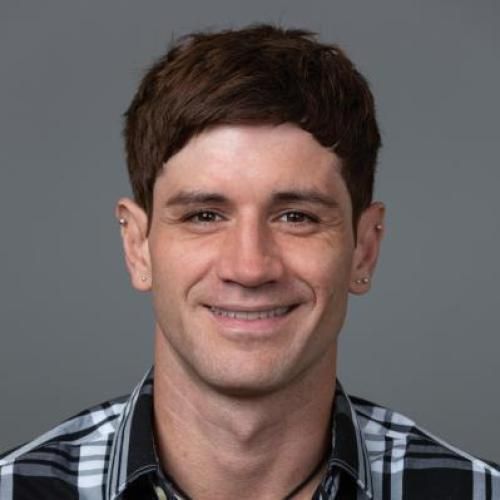What Are the Benefits of Mind Wandering to Creativity?
A primary aim of mind-wandering research has been to understand its influence on task performance. While this research has typically highlighted the costs of mind wandering, a few studies have suggested that mind wandering may be beneficial in certain situations. Perhaps the most-touted benefit is that mind wandering during a creative-incubation interval facilitates creative thinking. This finding has played a critical role in the development of accounts of the adaptive value of mind wandering and its functional role, as well as potential mechanisms of mind wandering. Thus, a demonstration of the replicability of this important finding is warranted. Here, we attempted to conceptually replicate results of a highly cited laboratory-based experiment supporting this finding. However, across 2 studies (N = 443), we found no evidence for the claim that mind wandering during a creative-incubation interval facilitates a form of creativity associated with divergent thinking. We suggest that our failed conceptual replication stems from an inadequate characterization of mind wandering (task-unrelated thought), and that there are good reasons to think that task-unrelated thought is unlikely to be causally related to creativity. Our results cast doubt on the claim that task-unrelated thought during an incubation interval enhances divergent creativity while also offering some prescriptions for how future research might further elucidate the cognitive benefits of mind wandering.
Duke Scholars
Altmetric Attention Stats
Dimensions Citation Stats
Published In
DOI
EISSN
ISSN
Publication Date
Volume
Issue
Start / End Page
Related Subject Headings
- 5205 Social and personality psychology
- 5204 Cognitive and computational psychology
- 1901 Art Theory and Criticism
- 1702 Cognitive Sciences
- 1701 Psychology
Citation
Published In
DOI
EISSN
ISSN
Publication Date
Volume
Issue
Start / End Page
Related Subject Headings
- 5205 Social and personality psychology
- 5204 Cognitive and computational psychology
- 1901 Art Theory and Criticism
- 1702 Cognitive Sciences
- 1701 Psychology

